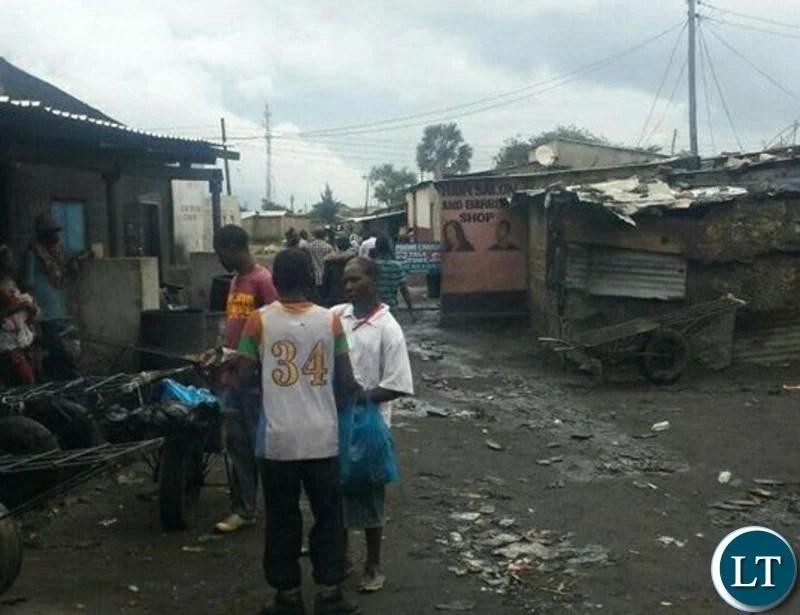Africa-Press – Zambia. Minister of Local Government and Rural Development, Garry Nkombo says government remains resolute to improving the living conditions of people in urban informal settlements.
Mr Nkombo said government will ensure that people living in urban informal settlements have access to basic needs including climate resilient infrastructure.
Speaking when he officiated at the World Cities Day celebrations in Lusaka during the week, Mr. Nkombo said improving the urban informal settlements can only be achieved through upgrading of unplanned settlements in all cities in the country.
He stated that government recognizes the need to involve all the stakeholders if the vision of creating environmentally sustainable cities is to be attained.
“We all have a major role to play in contributing to the creation of better cities and better lives for all through an integrated approach. As a ministry, we shall endeavor to support initiatives that seek to improve the state of our cities,” he said.
Mr Nkombo highlighted that the new dawn government recognizes that the attainment of climate adaption and resilience requires putting in place an effective planning and monitoring framework that involves all stakeholders, including communities.
He reaffirmed government’s commitment to working with everyone in ensuring that the country is on the right trajectory in responding to effects of climate change by creating a Ministry of Environment and Green Economy.
“I am delighted that this symposium avails us an opportunity to refocus our efforts and our energies to ensure that we begin to coordinate more efficiently for the greater good of our society and the generations to come,” he explained.
Mr Nkombo added that the growing population in urban areas puts demand for a paradigm shift with regard planning and urban development. He commended the We Effect Zambia and Habitat International Coalition for the housing observatory and city-to-city cooperation initiatives saying they encourage more decentralized partnerships.
And We Effect Zambia Country Representative, Fidess Tembo said adequate housing goes beyond providing shelter but also involves creating a resilient community to battle the effects of climate change.
Ms Tembo stated that Zambia’s housing deficit currently is estimated at 1.5 million units of which the majority are in the pre-urban and rural areas where over 83 percent of people are living under absolute poverty.
“We are in this meeting saying, we need to bridge this gap and break the social bonds and also try to ensure that access to housing is enhanced so that crime experienced in the country is reduced but also ensure that we are not compromising on our development agenda,” she said.
She assured the organization’s commitment in supporting a cleaner and greener society through a systematic area based on sustainable rural development, adequate housing and habitat, gender equality, land rights, financial inclusion, environment and climate change using a human rights face approach.
Civic Forum on Housing and Habitat Zambia holds the symposium annually which is a platform that aims to bring together stakeholders from the housing sector and beyond to discuss land cases, housing planning challenges and facility identification of practical solutions that would effectively address them. This year’s theme is “adapting cities for climate resilient change.”
For More News And Analysis About Zambia Follow Africa-Press







